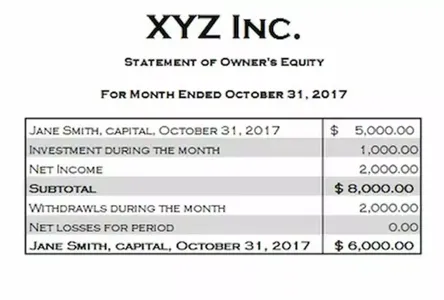
A company calculates gross income to understand how the product-specific aspect of its business performed. By using gross income and limiting what expenses are included in the analysis, a company can better analyze what is driving success or failure. If employees are owed commission, reimbursements or bonuses in a given pay period, add the amount owed to their wages to get their overall gross pay.

Yarilet Perez is an experienced multimedia journalist and fact-checker with a Master of Science in Journalism. She has worked in multiple cities covering breaking news, politics, education, and more.
Boss your payroll with Sage
Gross income is the annual sum of an employee’s gross pay, such as their earnings for a year when you add up all their paychecks. It’s more than net income, which is the annual sum of an employee’s net pay—all of their take-home pay added up for the year. For tax purposes, gross income usually doesn’t include employer or employee contributions to qualified retirement plans, such as a 401(k), because these are “pretax” contributions.
- Gross income is a much higher view of a company, while net income incorporates every facet of cost.
- In regards to the individual’s federal income tax, let’s imagine the individual paid $500 in student loan interest for the prior year.
- Alternatively, the individual can calculate their monthly gross income is approximately $7,200.
- On the other hand, the salary that an employee takes home is the net salary after deductions.
By subtracting Apple’s net sales by the total cost of goods sold, Apple reported a gross income of $42.559 billion. An employee’s pay stub should always note exactly how much they earned in a pay period (gross pay) as well as a line-by-line detailing of their deductions and the final amount of their paycheck (net pay). To find your personal monthly gross income, calculate the amount of money you earn each month. This will likely be different than the amount of money you take home or receive as payment directly from your employer.
See advice specific to your business
If you don’t know the exact amounts deducted from your paycheck, use an estimated tax rate between 10% and 37% to estimate your gross pay. Payroll services, such as ADP, often have net pay calculators on their sites. It signifies the amount paid out to an individual before any voluntary or mandatory deductions are made from it. Therefore, it is the total pay that an employee receives before taxes and other deductions.

A company’s gross income, found on the income statement, is the revenue from all sources minus the firm’s cost of goods sold (COGS). In this guide, we’ll explain everything you need to know to understand the differences between gross pay and net pay, calculate each and answer any questions your employees have about their paychecks. The approach to determining gross income for an individual is slightly different than the approach for a business. Although both calculations are similar, each type of entity uses different classifications of income and expenses. The company offers fitness and sport products online to customers all over the world.
Greater visibility and business insights, the true impact of automation
Alternatively, you can calculate your gross income as (1) your monthly salary before taxes or (2) the number of hours you will work in a given month multiplied by your hourly pay rate. For an individual, net income is the total residual amount of income remaining after all personal expenses have been paid for. Personal net income is calculated as the total amount of revenue earned less the total amount of personal expenses. This differs from gross income which limits what can be deducted from total revenue earned. Yes, gross income is the total amount of income a person or company has earned before deductions against that income.
Therefore, an income tax is a direct tax levied by the government on an individual. The Income Tax Act levies taxes on multiple heads of income, one of which is income from salaries. The gross income of a company is calculated as gross revenue minus the cost of goods sold (COGS).
On the other hand, the salary that an employee takes home is the net salary after deductions. The gross salary figure helps the employee compare its level of compensation with the market average to see if his salary is competitive and rewarding, in relation to similar industry peers. On the other hand, gross salary serves as a measure to determine the employee’s payment capacity, to engage in any debt commitment. For companies, gross income is interchangeable with gross margin or gross profit.
Does Gross Income Include Taxes?
Net income is the money that you effectively receive from your endeavors—the take-home pay for individuals. For companies, it is the revenues that are left after all expenses have been deducted. This is different than gross income which only includes COGS and omits all other types of expenses. In regards to the individual’s federal income tax, let’s imagine the individual paid $500 in student loan interest for the prior year. When filing their tax return, the student loan interest is an above-the-line deduction used to factor adjusted gross income. Assuming the individual earned the same amount of money this year as last, the individual’s AGI is $86,000 ($86,500 – $500).